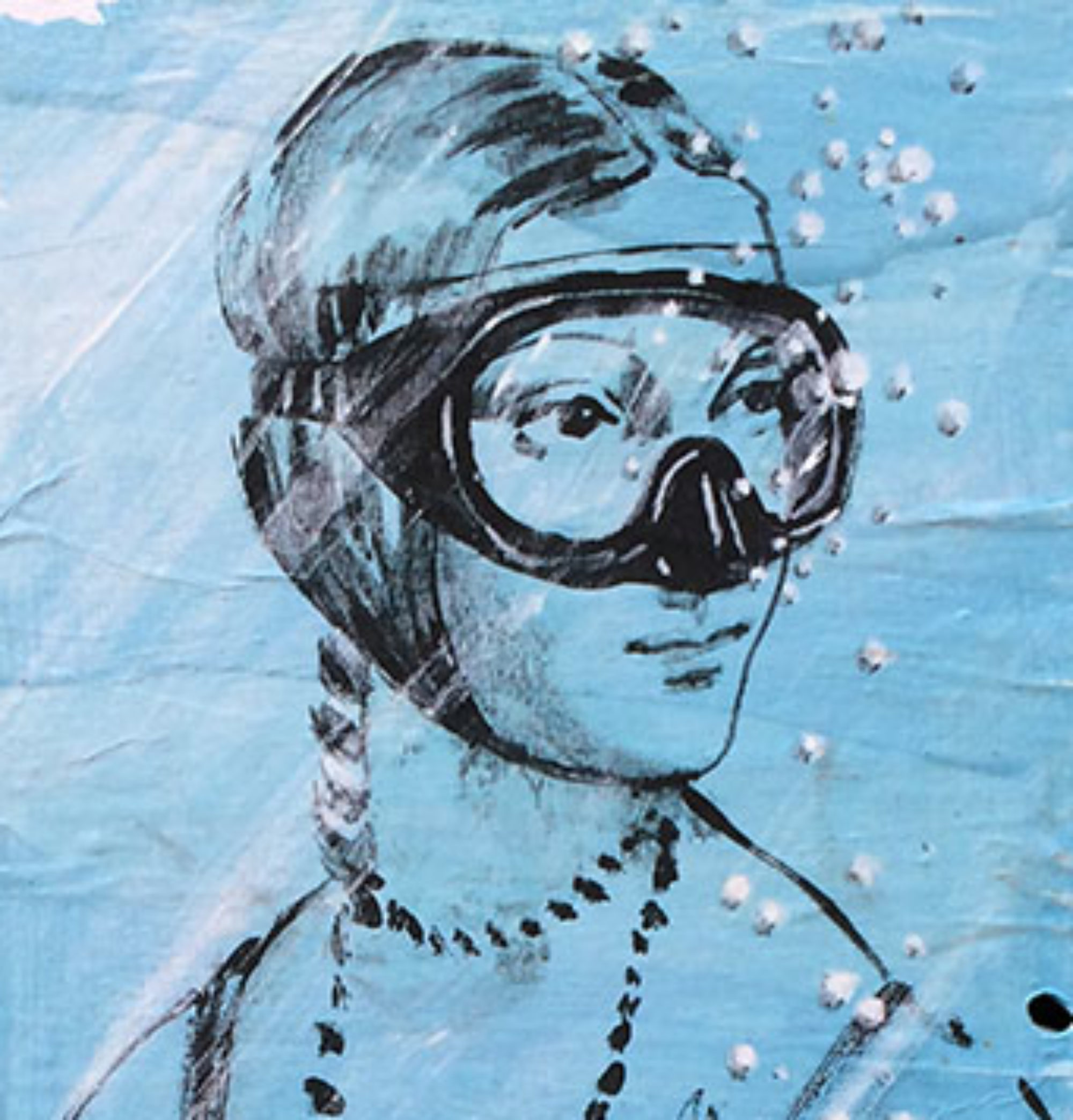The starting point of the discussion is the legal process and judgment that followed the work Blick in Öja-Landsort in the archipelago of Stockholm.
Arranged by: Tegen2 in collaboration with the Swedish Art Critics Association
On the panel: Sophie Allgårdh, art critic Svenska Dagbladet; Dan Jönsson, art critic Dagens Nyheter; Simon Häggblom and Karin Lind, the artistic duo Simka; and Gunilla Skiöld Feiler, one of the artists behind the gallery Tegen2 in Södermalm.
Moderator: Ann-Sofie Bárány, playwright and psychoanalyst.
Time: 18:00 hrs this Thursday, 13 September 2012
Place: Simka will present the exhibit Yellow Hop at the Tegen2 gallery, Bjurholmsgatan 9b, underground station Skanstull. We will then proceed together to Simkas studio in Malongen; Nytorget 15, staircase c, underground station Skanstull; where the speech will take place.
Background: Last year the artistic duo Simka Simon Häggblom and Karin Lind were sentenced by the Svea hovrätt (appellate court) to pay a fine for breaking the Environmental Code.
The crime: They drilled a hundred holes in the rocky beach of Öja-Landsort in the outer archipelago of Stockholm, when erecting their installation Blick, starting in 2008. The area is a natural preserve since 1985.
The work is made up of some thirty half-meter tall, plastic yellow houses with logotypes on them. The gables of the houses are facing the sea lane and are a reference to the reality that the people of Öja-Landsort live in. Every day, large freighters peppered with advertising pass by the island and ruin the idea of a picturesque idyll.
In the judgment, Simka refers to business praxis. They assumed that the exhibition arranger would have stopped the project had it not been legal to drill in the rocks. But the Svea hovrätt found otherwise. Simka should have understood that an area under nature protection requires special permission.
Nathalia Edenmont is also, in her current exhibition at the Wetterling Gallery, in conflict with pronounced nature protection interests. The focus is on a number of photo collages with wings, which in some cases belong to red-listed butterflies. Both the artist and the gallery have been reported to the police.
What are the rights and obligations of an artist? Nature and culture are often viewed as absolute entities. We expect total respect towards nature, but also towards art. This paves the way for conflict. Why, in the case of Simka, is there not a legally responsible publisher ready to take the blame, as in the newspaper world?
Welcome!
The roundtable will be held in Swedish.
